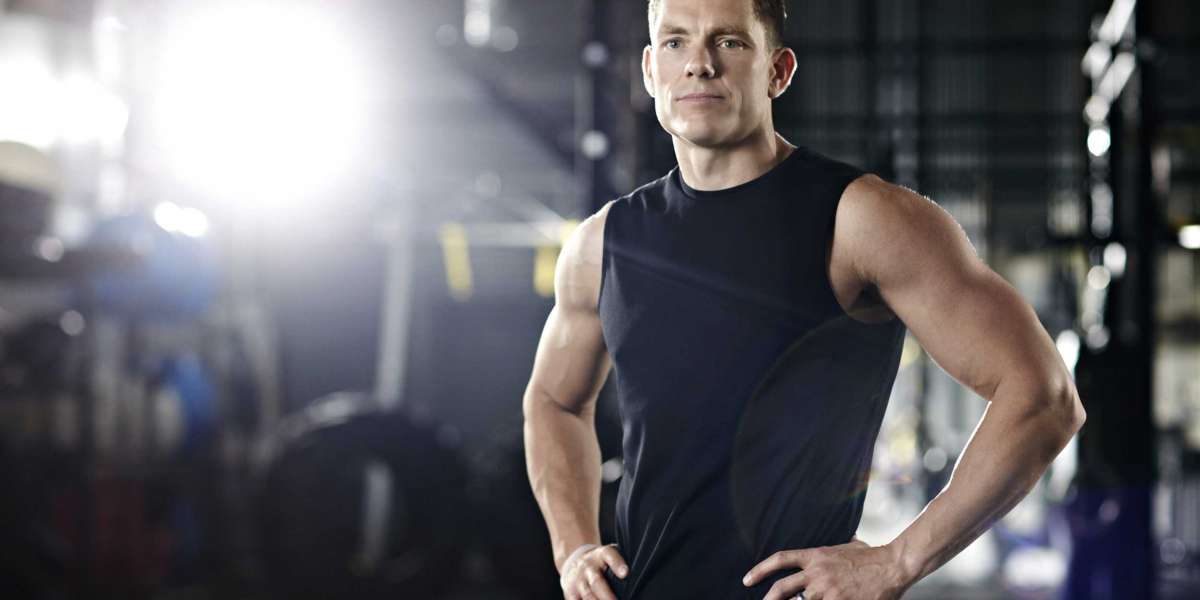In today’s fast-paced world, prioritizing fitness and a balanced diet is more important than ever. A healthy lifestyle not only enhances physical appearance but also boosts mental well-being, increases energy levels, and improves overall quality of life. This article explores the essential components of fitness and nutrition, offering insights on how to integrate them effectively into your daily routine.
Understanding Fitness
The Importance of Regular Exercise
Regular physical activity is crucial for maintaining a healthy body and mind. It helps manage weight, reduces the risk of chronic diseases, and improves mental health by reducing anxiety and depression. The World Health Organization recommends at least 150 minutes of moderate-intensity aerobic exercise each week, along with muscle-strengthening activities on two or more days.
Types of Exercise
To achieve a balanced fitness regime, it’s essential to include a variety of exercise types:
Cardiovascular Exercise: Activities like running, cycling, and swimming increase heart rate and improve endurance.
Strength Training: Lifting weights or using resistance bands builds muscle and boosts metabolism.
Flexibility and Balance: Yoga and Pilates enhance flexibility and core strength, which are vital for overall fitness.
Setting Goals
Setting achievable fitness goals can motivate you and provide a sense of accomplishment. Whether it’s running a certain distance, lifting a specific weight, or mastering a yoga pose, having clear goals helps you stay focused and committed.
Nutrition: Fueling Your Fitness Journey
The Role of Diet in Fitness
Nutrition plays a pivotal role in any fitness regimen. Proper fueling before and after workouts can significantly impact performance and recovery. A balanced diet provides the necessary energy and nutrients to sustain your body during exercise and helps repair tissues afterward.
Key Nutrients for Optimal Performance
Understanding macronutrients and micronutrients is essential for maintaining a healthy diet:
Carbohydrates: The primary energy source for athletes, found in fruits, vegetables, and whole grains.
Proteins: Essential for muscle repair and growth, sources include lean meats, dairy, legumes, and nuts.
Fats: Healthy fats from sources like avocados, olive oil, and nuts are vital for hormone regulation and energy.
Hydration
Staying hydrated is critical for optimal performance. Water regulates body temperature and lubricates joints, while also helping transport nutrients. Aim to drink plenty of water throughout the day, and consider electrolytes during intense workouts.
Building Healthy Eating Habits
Meal Planning
Planning meals in advance can help you make healthier choices and avoid unhealthy snacking. Prepare a weekly menu that includes a variety of foods to ensure you get a balanced intake of nutrients.
Mindful Eating
Practicing mindful eating can improve your relationship with food. Focus on your meals, savor each bite, and listen to your body’s hunger and fullness cues. This can help prevent overeating and promote a more positive eating experience.
Incorporating Whole Foods
Opt for whole, minimally processed foods whenever possible. Fruits, vegetables, whole grains, lean proteins, and healthy fats should be the cornerstone of your diet. These foods are typically richer in nutrients and lower in added sugars and unhealthy fats.
Conclusion: A Holistic Approach to Health
Achieving a balanced lifestyle through fitness and nutrition is a journey that requires dedication and consistency. By incorporating regular exercise, understanding the importance of a nutrient-rich diet/food, and developing healthy habits, you can enhance your overall well-being. Remember, it’s not just about looking good; it’s about feeling good and living a life full of energy and vitality. Start small, stay committed, and enjoy the process of becoming the healthiest version of yourself.








